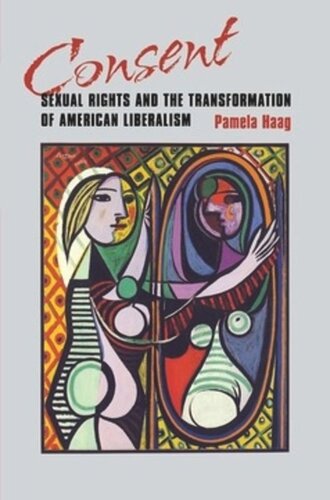

Most ebook files are in PDF format, so you can easily read them using various software such as Foxit Reader or directly on the Google Chrome browser.
Some ebook files are released by publishers in other formats such as .awz, .mobi, .epub, .fb2, etc. You may need to install specific software to read these formats on mobile/PC, such as Calibre.
Please read the tutorial at this link: https://ebookbell.com/faq
We offer FREE conversion to the popular formats you request; however, this may take some time. Therefore, right after payment, please email us, and we will try to provide the service as quickly as possible.
For some exceptional file formats or broken links (if any), please refrain from opening any disputes. Instead, email us first, and we will try to assist within a maximum of 6 hours.
EbookBell Team

4.1
40 reviewsWhom, over the past two centuries, has society construed as sexual "victims"? Where and when did the notion of consent—so crucial for law and politics today—emerge? In this brilliantly insightful work, Pamela Susan Haag traces the evolution of public wisdom on some of society's most private and controversial matters. At once an investigation of social history, popular culture, legal doctrine, and political theory, her book shows how in contemporary America the history of sexual rights is inextricably intertwined with that of liberalism. Haag examines the nineteenth-century obsession with the perils of seduction and twentieth-century disputes over white slavery, arranged marriages, interracial relationships, and rape. The history of heterosexual modernity and identity must, she argues, be viewed as a crucial component of a much larger historical narrative—that of the ways in which individual freedom and citizenship have been continually redefined in American liberal culture. She illuminates the development of liberalism from its "classic" stage that ended after the post-Reconstruction era to a "modern" version that came to fruition with the judicial acceptance of the right to privacy. Finally, she shows how debates over the meaning of heterosexual consent and violence contributed to this transformation.